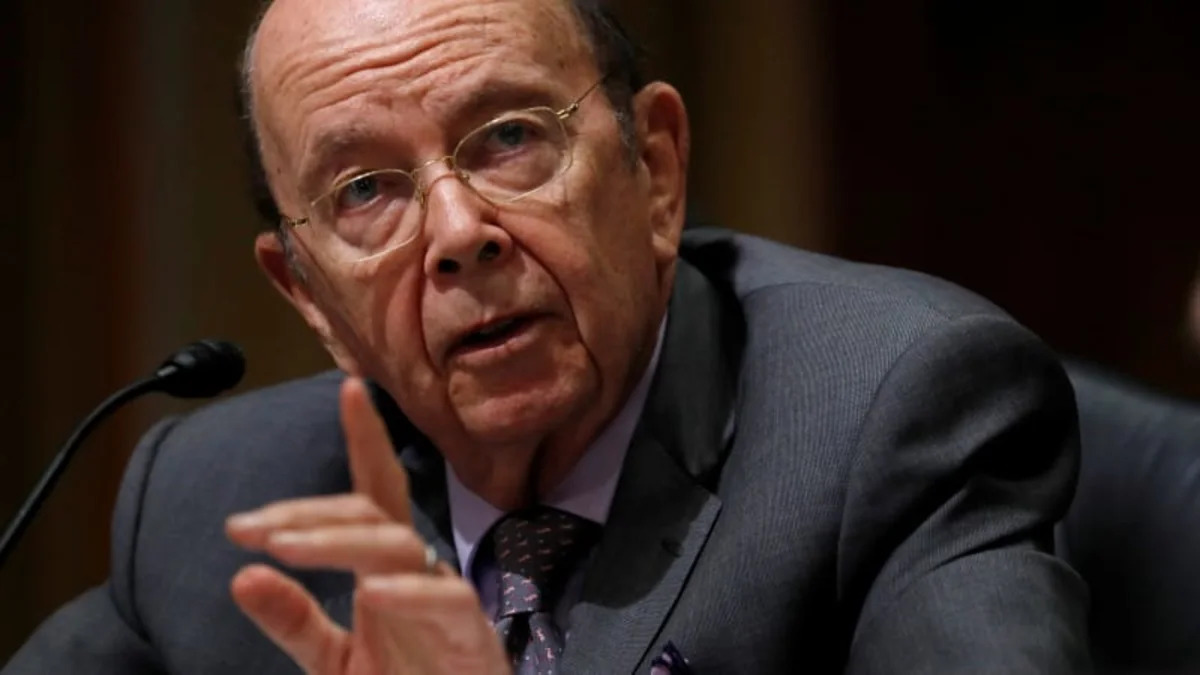WASHINGTON — Commerce Secretary Wilbur Ross said on Thursday the United States needs to make it harder for its trading partners to have high trade barriers in order to achieve President Donald Trump's ultimate goal of lower barriers and a level playing field.
"What we have to do is create an environment where it's more painful for these parties that have these huge trade barriers, both tariff and non-tariff, got to make it more painful for them to keep those barriers than to get rid of them," he told CNBC.
"In the particular case of China, it's compounded by their disrespect of intellectual property, the forced technology transfers, the cybersecurity breaches."
Trump this week expanded the amount of Chinese imports possibly facing new duties. He threatened on Monday to hit $200 billion of Chinese imports with 10 percent tariffs if Beijing retaliated against his previous target of $50 billion in imports, aimed at pressuring China to stop stealing U.S. intellectual property. Trump has also reiterated threats to enact a 25 percent tariff on auto imports.
The growing trade conflict hit financial markets hard, with Beijing accusing the United States of "extreme pressure and blackmailing" and vowing to retaliate. With both sides upping the ante, the risks of a damaging trade war grew dramatically.
In the CNBC interview, Ross downplayed the impact of tariffs on steel and aluminum imports from Canada, Mexico and the European Union that Washington imposed last month, saying they would not have a huge impact on product prices and the overall economy.
Those tariffs, Ross said, had induced other countries to take similar action against dumping.
"After we put those in, suddenly Europe started a whole bunch of safeguard actions to protect their own borders against dumping of steel and aluminum," Ross said. "Before we put our tariffs, they hadn't done that. Similarly Japan."
"It may sound strange, but the fact that we put tariffs on the goods coming out of them has modified their behavior and has induced a pretty high degree of international cooperation against dumping," he said.
The strategy Ross described may be showing signs of working. The EU has previously offered Washington the prospect of discussions to cut duties on industrial goods, including cars. EU trade chief Cecilia Malmstrom said on Thursday that the EU was open to talks to resolve the trade dispute. And on Thursday, the Wall Street Journal reported German automakers may be ready to abandon car tariffs between the EU and the United States in exchange for President Trump dropping a 25 percent tax threat on European auto imports.
Reporting by Doina Chiacu and Lisa Lambert
Related Video:


Sign in to post
Please sign in to leave a comment.
Continue